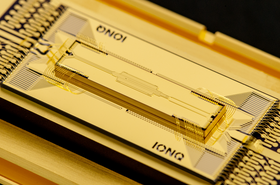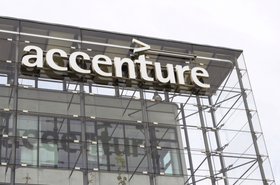A new startup dubbed iVP Semi has raised $5 million to build fabless semiconductor facilities in two Indian cities.
The startup was launched last week by Raja Manickam, former CEO of semiconductor company Tessolve, who stated that iVP Semi will design chips while outsourcing the manufacturing and packaging to other companies. It will license product IP from Taiwan, Japan, and the US.
The money to support the venture was raised in a pre-Series A funding round, with the company planning to use the funding to set up chip design centers in Chennai and Bangalore. The company is already working with the state government in Chennai to build a 20,000 sq ft production test facility in the city, slated to be operational by October 2024.
The site will feature in-house design and testing capabilities, in addition to safety certification centers which the company says will reduce time to market for its customers. iVP Semi is looking to target the local renewables, electric vehicle, and automotive industries, with the aim of achieving $70 million - $100m in revenue by 2027.
No timeline has been provided for the second facility in Bangalore.
In a statement, Manickam said: “Our mission is to localize semiconductor chip production, empowering Indian companies to improve product development cycles and achieve greater technological autonomy. This approach not only ensures tighter control over the chip supply chain but also fosters an environment where semiconductor ecosystem partners are encouraged to establish a local presence.”
S. Krishnan, Secretary, Ministry of Electronics and Information Technology, added: “The semiconductor industry is vital for the country and India has the talent, deep expertise, and scalability to be a global player. The Government is helping industries to create the ecosystem to build semiconductors. iVP Semi plays an important role in creating demand to fill up the manufacturing capacity in wafer fab and OSAT.”
In February 2024, it was reported that the Indian government had received 18 proposals for the construction of semiconductor fabs as a result of schemes aimed at boosting semiconductor manufacturing in the country, including the Modified Programme for Semiconductors and Display Fab Ecosystem, an 828 billion rupee ($10bn) scheme that allows companies to apply for up to 50 percent of capital costs for eligible semiconductor and display manufacturing projects.
In March of that same year, the Indian government approved three proposals to build semiconductor manufacturing plants in the country worth a combined 1.26 trillion rupees ($15.2 billion), with the successful applications belonging to Tata Group, Powerchip (PSMC), and a joint venture between CG Power, Renesas, and Stars Micro.






